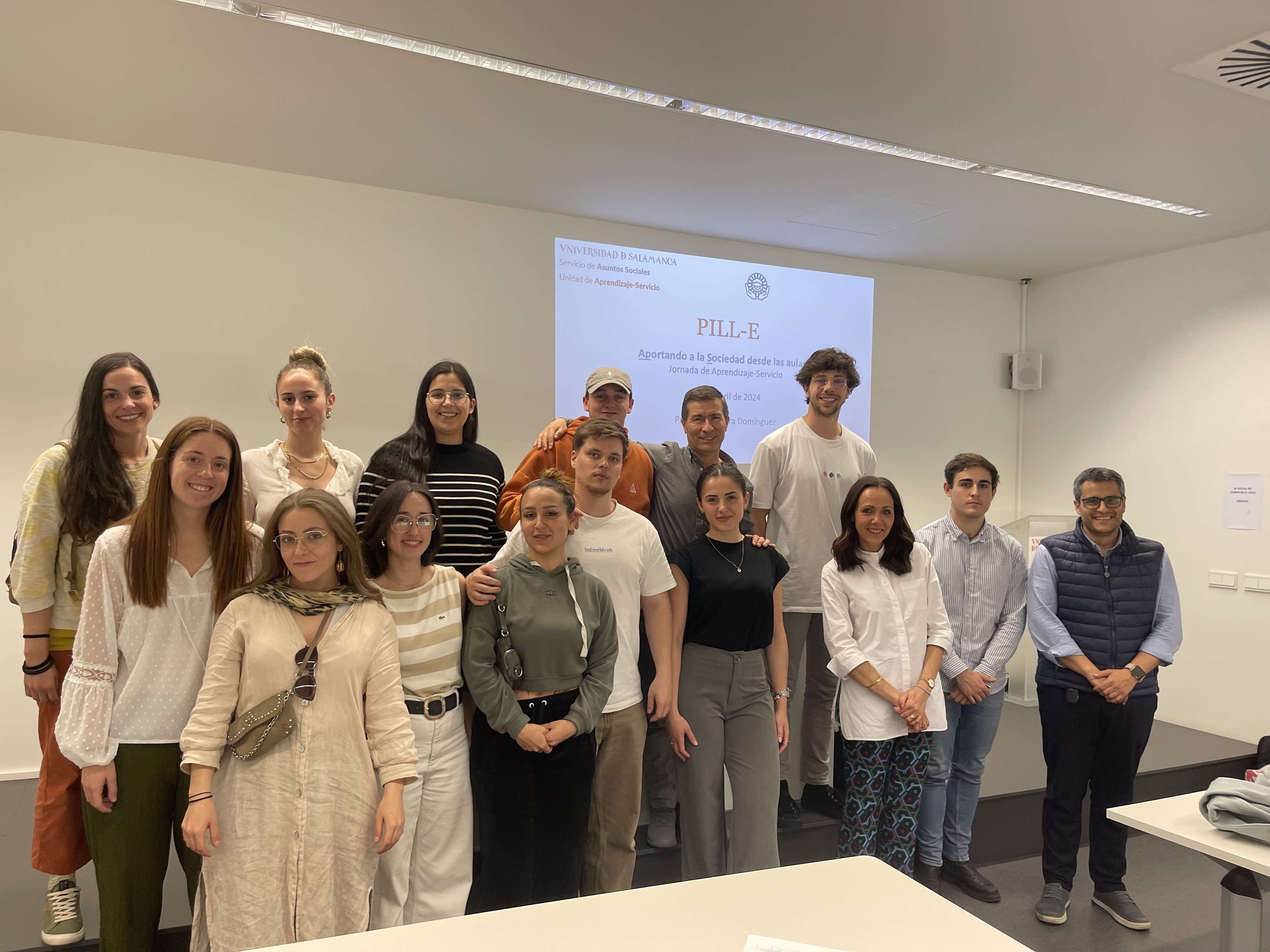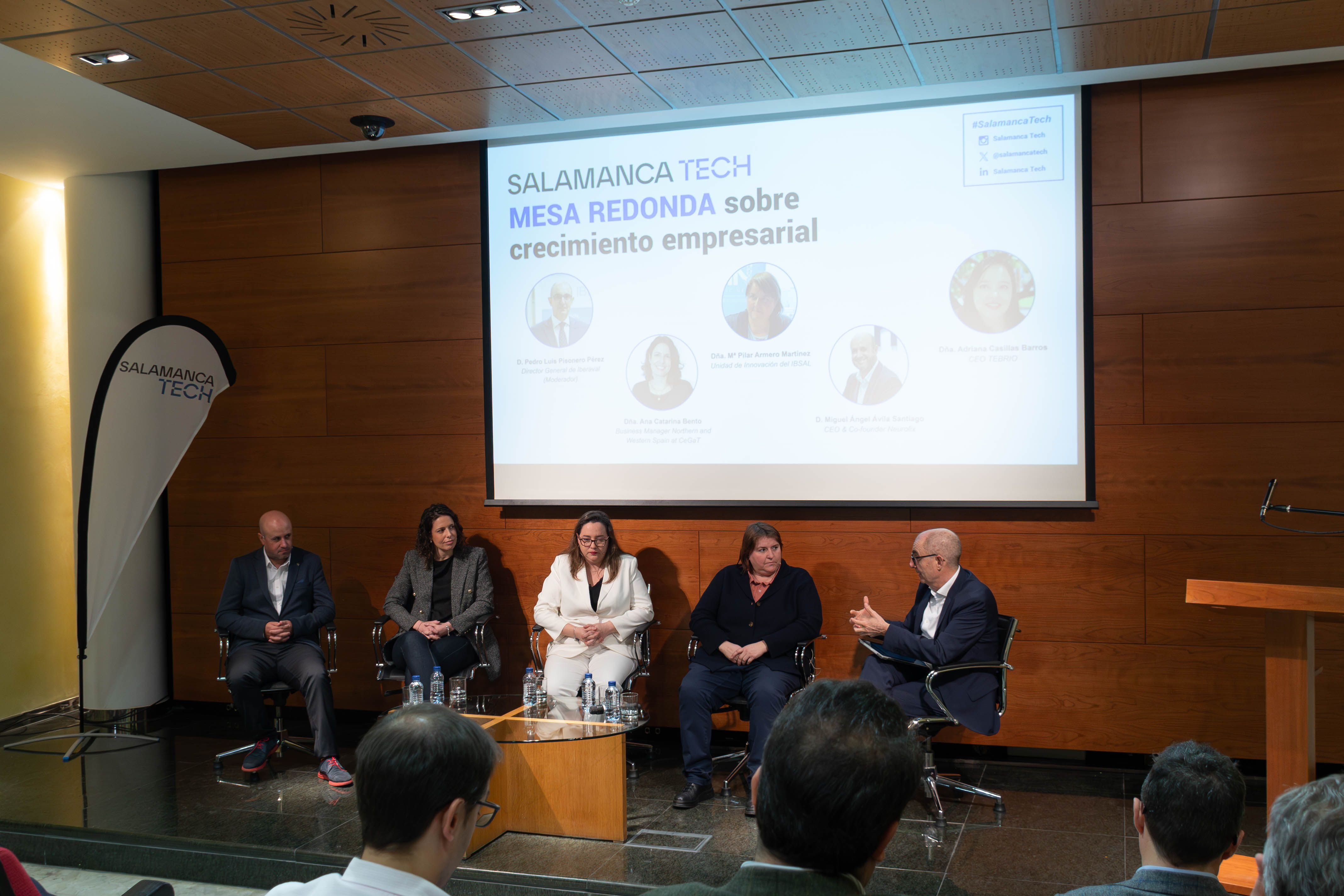La Gaceta de Salamanca has recently published an article about the AI-BEMS project, an initiative that aims to optimize consumption patterns and recommend energy efficiency measures using a comprehensive edge computing architecture.
The article summarizes the importance of incentivizing energy savings and how artificial intelligence or the internet of things can help in this regard. Residential and commercial buildings are responsible for 30% of global energy consumption and 28% of CO2 emissions, figures that are increasing year after year and make it necessary to look for a technological solution.
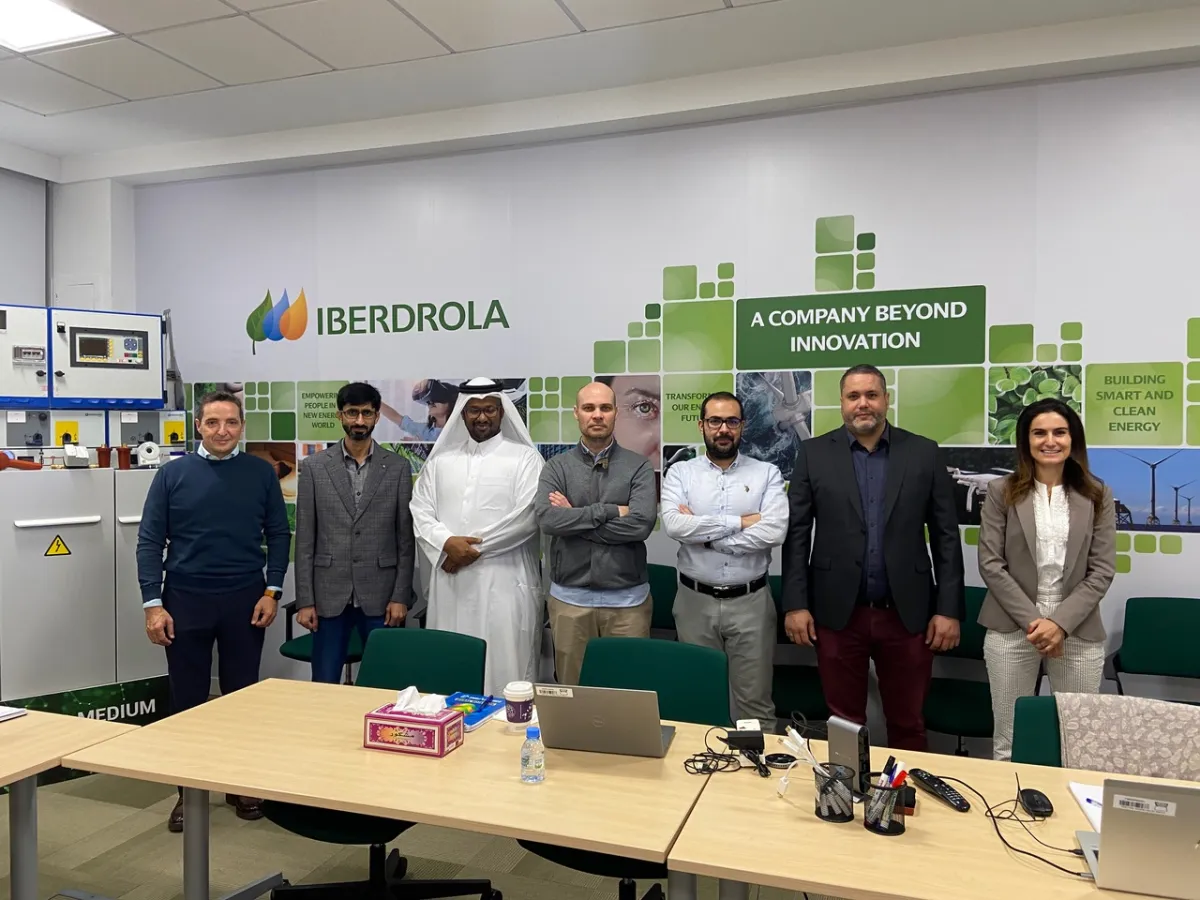
Project partners during a meeting in Doha, Qatar.
In this regard, researchers from the BISITE Research Group at the University of Salamanca, together with experts from Hamad Bin Khalifa University in Doha (Qatar) and Iberdrola and Kahramaa companies, have advanced the design of an intelligent platform to optimize energy consumption and, as a result, promote economic savings.
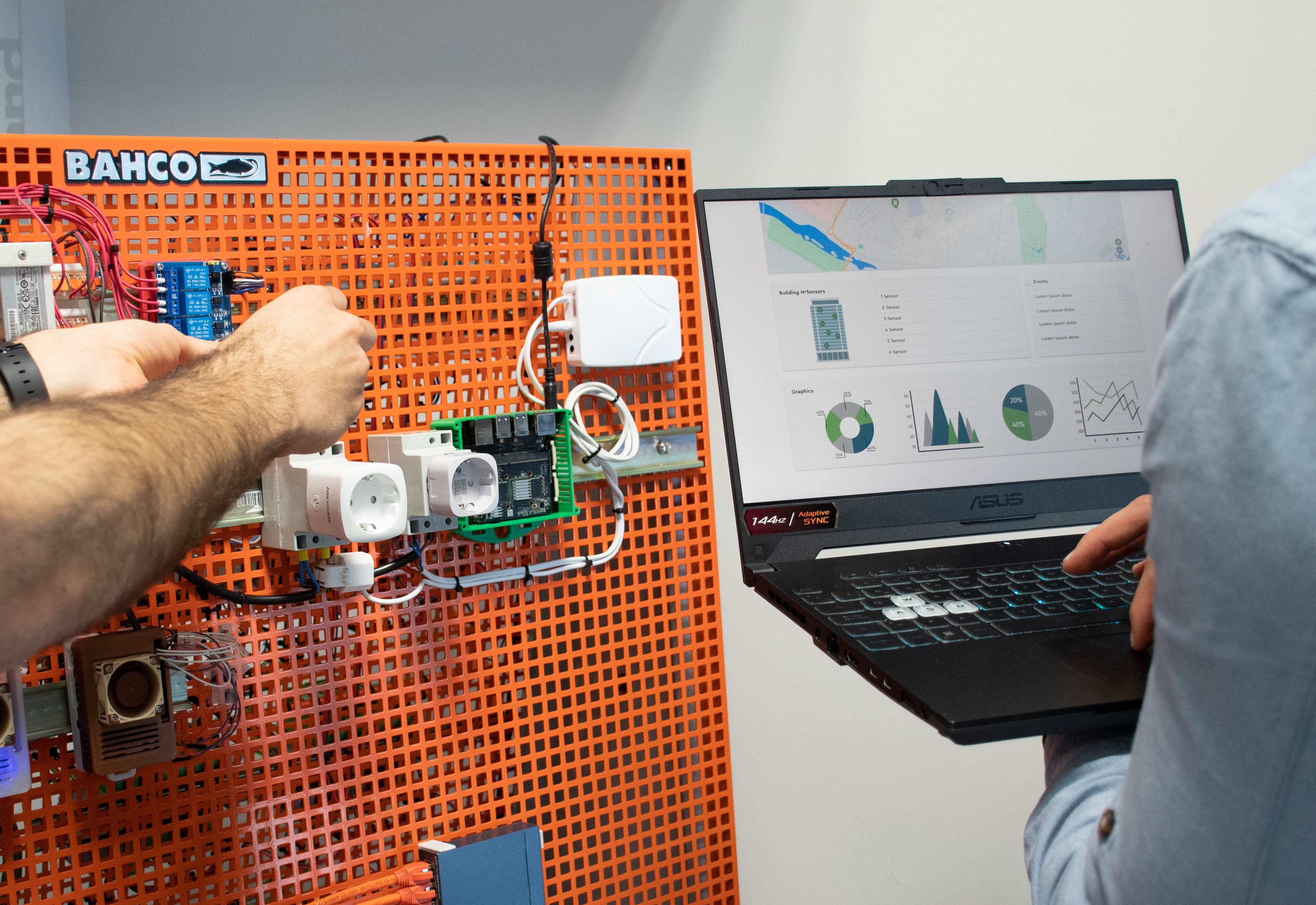
"Adaptive and Intelligent Edge Computing based Building Energy Management System (AI-BEMS) is the name of the project, which is based on artificial intelligence and technologies such as the Internet of Things or edge computing to collect energy consumption data, according to Juan Manuel Corchado, Director of BISITE. Corchado explained that existing building energy management systems can control thermostats, boilers and lighting systems, the problem is that they follow consumption patterns that are not usually followed by users and, in addition, these systems pose a risk, such as the possibility of cyber-attacks. "AI-BEMS" aims to provide a solution to these problems while taking into account the comfort and preferences of users when issuing consumption recommendations to encourage efficient habits in the long term.
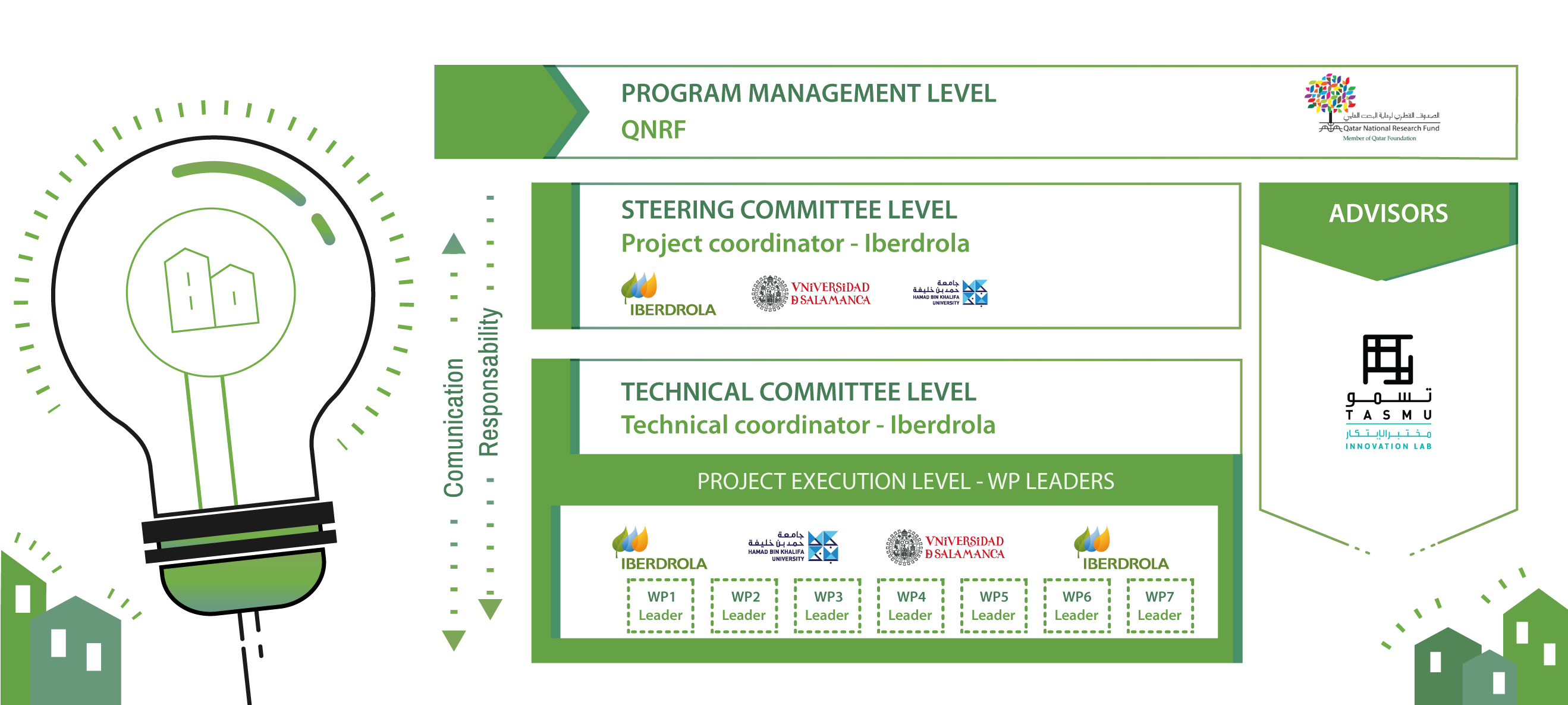
Currently, specialists are focusing their efforts on the "edge computing" architecture, which is needed to enhance data security and privacy. Moreover, the devices needed to carry out the two pilot tests are being collected, designed and procured. The validation of the system will be carried out in real environments in Spain and Qatar, although the aim is for the platform to be launched on the market and used on a large scale all over the world.
This article was made possible by the thirteenth (13th) cycle NPRP-Standard (NPRP-S) grant no. 13S-0128-200187 from the Qatar National Research Fund (a member of Qatar Foundation). It is expected to have a significant impact on future building energy management systems.
